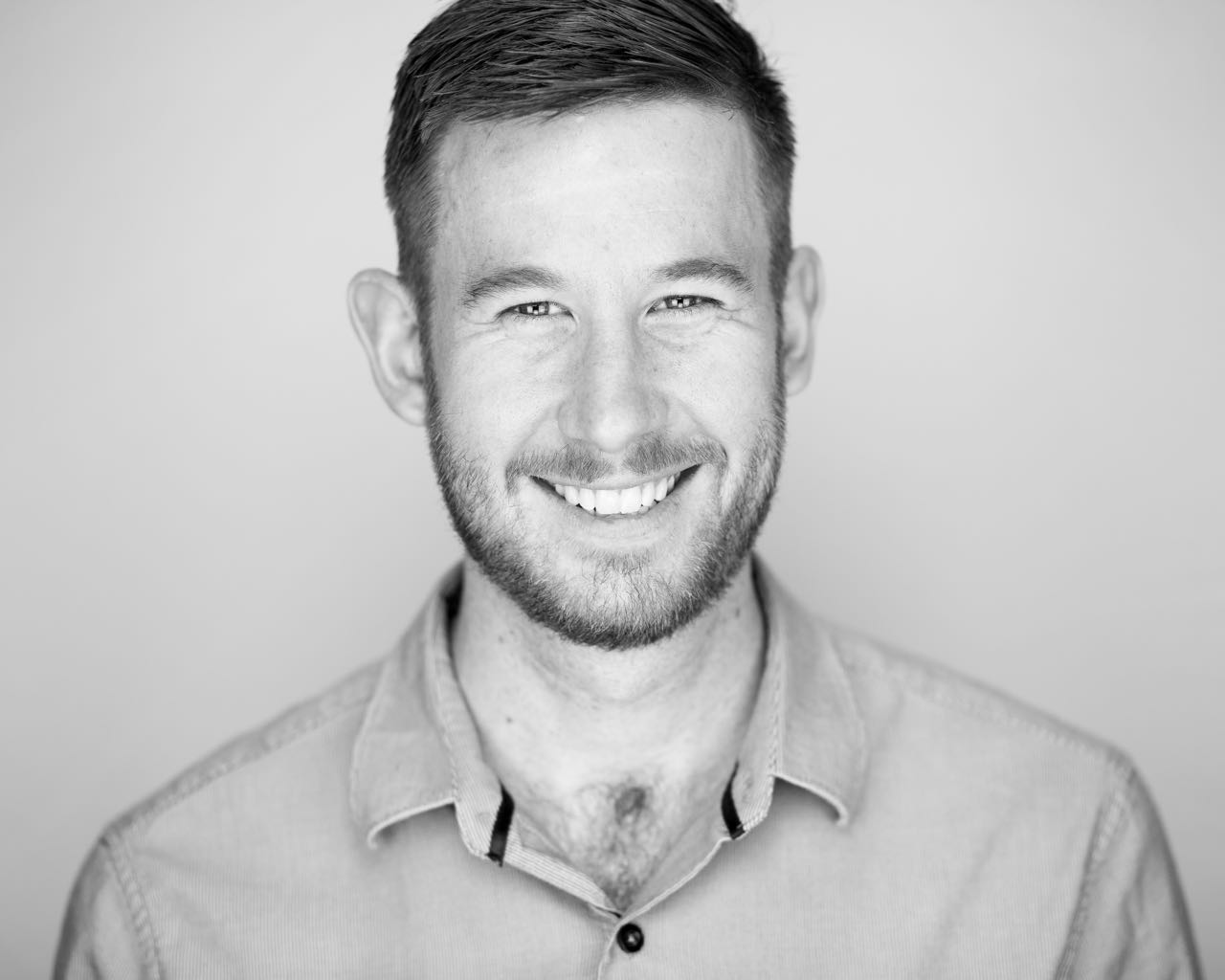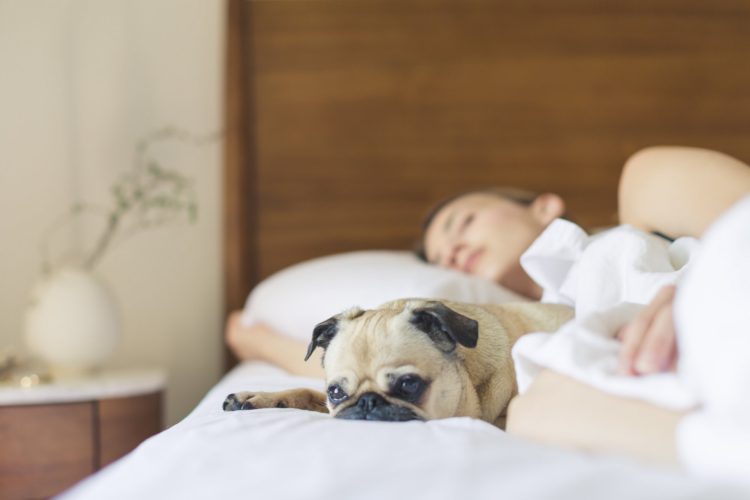There should be no debate or contention that good sleep is a fundamental requirement for being healthy…
Seriously, can anyone think of a single strong argument against sleep being a fundamental requirement to functioning at 100%?
And yet, on average, we really struggle with it…
Around were prescribed in the US in 2011.
It’s estimated that 62% of Canadians suffer from sleep deprivation.
Even in Australia, the financial burden of sleep deprivation and its related disorders has reached a staggering 5.1 BILLION dollars.
THE CASE FOR A MORE RESTFUL SLEEP
When I ask to patients in practice about why they don’t get more sleep the response is usually something like: “I don’t have time… I have too much to do… I’ll sleep when I’m dead.” and I TOTALLY get that – it never seems like there are enough hours in the day…
…And the waking hours we do have are always jam packed!
Wake up, get the kids breakfast, take them to school, work, pick the kids up, after school sports, cook dinner, eat, cleaning up – and then you still have to prep for the next day because you need to do all of this again tomorrow.
Insufficient sleep has adverse effects on well-being, cognitive and psychomotor function, alertness, productivity, safety, learning and mood, and is also implicated in a range of other pathological processes, including metabolic disorders, cardiovascular disease and mental health disorders.
A lack of sleep can dramatically affect a number of important processes, including:
- Cellular repair
- Immune system activity
- Memory and problem solving
- Mood and mental health
- Inflammation
- Weight gain
We’ve already put together a tonne of information on how to create the perfect night’s sleep…
Coffee
Alcohol
Junk Food
Chocolate
Dried Fruits
Green Tea
Obviously food isn’t the only thing that affects people’s sleep – there’s stress, fitness, other health conditions, and perhaps most insidious, the use of technology throughout the day.
Click below to download “Reboot Your Sleep – 4 Ways Technology Is Destroying Your Sleep And What To Do About It” and learn how to engineer the perfect night’s sleep.
 Dr. David Hawkes is a wellness expert and martial arts enthusiast. Born and raised in Perth, Western Australia, Dr Hawkes’ passion for health and wellness has led him here to Kanata, literally halfway around the world. After graduating from Murdoch University, Dr. Hawkes ran a successful practice in Perth’s western suburbs before moving to Ottawa. Dr. Hawkes has a special interest in family wellness, as well as Peak Performance. He is passionate about helping individuals and families lead their extraordinary lives.
Dr. David Hawkes is a wellness expert and martial arts enthusiast. Born and raised in Perth, Western Australia, Dr Hawkes’ passion for health and wellness has led him here to Kanata, literally halfway around the world. After graduating from Murdoch University, Dr. Hawkes ran a successful practice in Perth’s western suburbs before moving to Ottawa. Dr. Hawkes has a special interest in family wellness, as well as Peak Performance. He is passionate about helping individuals and families lead their extraordinary lives.
